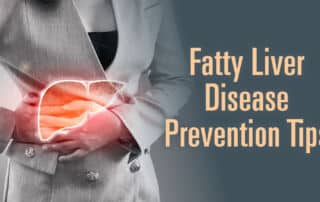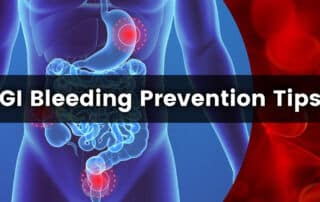Family History Can Impact Your Digestive Health
Do you have a family history of gastrointestinal issues? It’s important to know since some digestive and stomach conditions are hereditary, which means they can be passed to you. However, genetics are complicated, so it doesn’t definitively mean that one of your parents’ conditions will be passed to you. It just signifies an increased risk.
If you have a family history of gut problems, you can take steps to reduce the risk of developing them yourself. In this article, I’ll explain the role genetics can play in your digestive health and some things you can do to reduce your risk of developing digestive conditions.
Genetics Role in Digestive Health
Some digestive conditions have a strong genetic component, meaning specific genes can increase the










